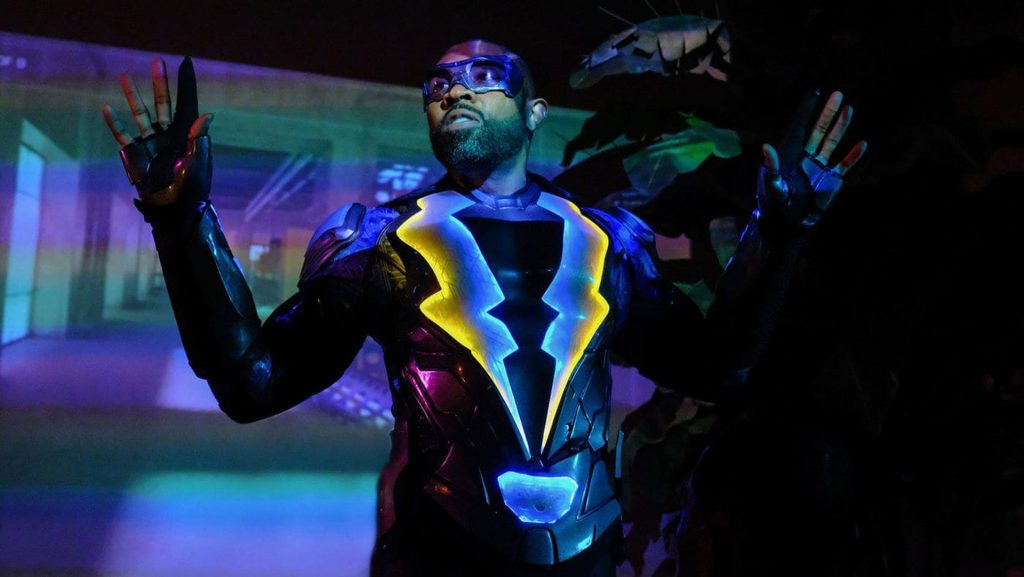Most black media focus on urban culture and race relations, but doing this creates stereotypes and limits storytelling ability.
Wylliam Smith
The second episode of “Black Lightning” aired Tuesday, and as of right now, it is currently pretty well received by critics and fans alike. I, too, have started watching the show and find it quite enjoyable.
Although while discussing the show in one of my classes on black media, something that was brought to my attention is that black media seem to find itself boxed into one genre.
RELATED: Smith: The myth of gay being the new black
Have you ever noticed that most black media seem to be centered on urban environments and problems? TV shows, movies, cartoons, comics — all across the board it seems that media with main characters that are black seem to be set in the ghetto.
And a lot of these stories have plot points in which the characters face both race-related problems and urban culture. My question is, does black media need to be in an urban setting? Is that all there is to black culture — racism and gangs?
The answer is no. There is so much more untapped potential that black media can address. When black media focus on the urban stories, it is not bad, but when these are the only stories being told in Afro-centered art, it leads to huge stereotypes.
Yes, black media centered in urban environments address problems in the society, but they create the same archetypes for the characters and story lines; the freedom fighter main protagonist, the sassy best friend that either wants to get laid or get the protagonist laid, the wise old grandma/grandpa who offers wisdom that either kick-starts the plot or solves the climax of the story, etc.
RELATED: Black artists at Iowa feature energetic and emotional artwork
One of the first scenes in “Black Lightning” was the main character being pulled over the police and wrongfully accused of committing a crime. Race topics such as this weren’t anywhere near the first episodes of the other CW superhero shows.
Race and urban culture should not be exempt from black media. As a matter of fact, it can be argued that it needs to be a part of black media. When the topic was brought up in class, someone asked, would black-theme media be an accurate representation of black culture without being in an urban setting?
I found myself agreeing with this point at first. If one wants to make an accurate portrayal of black culture, excluding these factors would make it less authentic. But that doesn’t mean urban settings are the only places black culture exists.
RELATED: Point/Counterpoint: Is reverse racism real?
There are so many more topics that can be explored through the black lense than just gangs and violence. One of the biggest of those genres is Afro-futurism, which handles the ideas of black sci-fi and black fantasy.
Afro-futurism is a main theme in the comic book and upcoming film Black Panther and in the show “Afro Samurai.” Both are great examples of media with black protagonists that are not centered on urban settings.
That stories such as this exist proves that media featuring black characters and protagonists don’t have to be centered on the mere fact that they are black. They can be more expansive while still being portrayed through the black lens.



